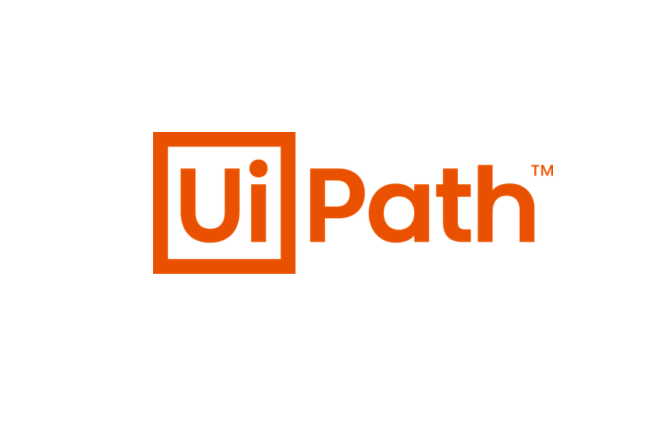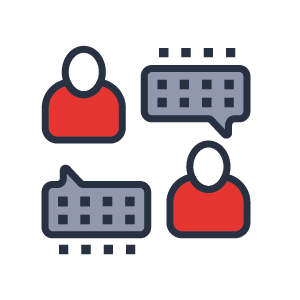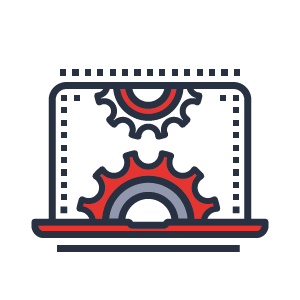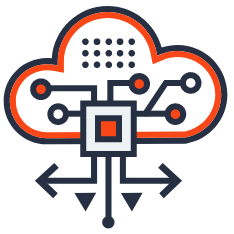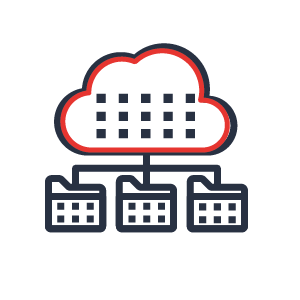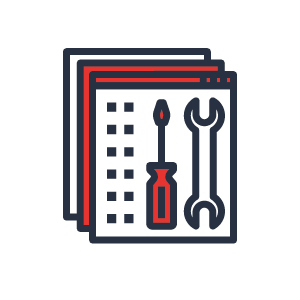While many companies were planning to digitise their processes at some point in the near future, the COVID-19 pandemic has brought digital transformation deadlines forward.
A survey conducted in Europe found that around 70% of executives are likely to increase the pace of their digital transformation efforts due to the crisis.[1] In order to remain productive during volatile times, organisations have had to rethink the way they work; and often reset their IT strategies. Cloud-based software and technologies that automate processes can play a central role in supporting business continuity right now. These tools enable companies to digitise manual workloads, move products and services online, interact with clients virtually, provide homebound employees with remote working tools and more.
Even as some countries ease lockdown measures, social distancing is likely to remain in place for some time to come, along with the need for automated, contact-free ways of doing business. Recently, a group of Harvard scientists predicted that we may experience social distancing in some form until 2022.[2]
In addition to ensuring processes are as touchless as possible, automation enables teams and departments to drive down operating costs while increasing productivity levels and unburdening employees from repetitive manual tasks. For these reasons, many organisations are now looking to invest in automation software to power their business continuity plans going forward.
Time-to-market is critical
As the pandemic reduces digital transformation timelines, companies need technology platforms that deliver solutions – and results – fast. In the current environment, time-to-market is everything. This refers to the amount of time taken from conceiving a process automation solution to the point it is live and can be used.
When following traditional software development methods, each aspect of the process automation solution must be coded. This can take upwards of six months – a timescale that is simply not realistic in the current environment, where so many teams and departments desperately need digital assets such as applications, digital forms, automated workflows and even software robots to streamline work.
To reduce time-to-market, it’s necessary to look for technology platforms that support rapid development and solution delivery. Low-code application development platforms were designed specifically for this purpose. Robotic process automation (RPA) technology can also play a valuable role in accelerating digital transformation.
Why low code?
Developed with the specific goal of speeding up application development and cutting time-to-market, low-code process automation platforms make it much easier for companies to custom-develop web and mobile applications through the use of graphical, drag-and-drop development tools. In the low-code environment, digital assets can be created and updated without the need to write lots of code. This means that companies can develop solutions to digitise paperwork and automate workflows in a matter of days or weeks, rather than the many, many months it can take with a traditional coded development approach.
Why RPA?
Robotic process automation also allows businesses to automate manual tasks quickly and cost-effectively, through the configuration of a software robot that can manage the routine tasks humans would otherwise have to perform. Another key benefit of RPA is that it is non-intrusive in nature. Rather than disrupting underlying systems, RPA works at the user interface of existing systems (in the same way human users would). This means that automation can be introduced without losing critical legacy systems.
The benefits of optimising time-to-market
Shorter automation delivery cycles allow companies to digitise faster and react more swiftly to new developments and disruptions in the business environment. With the tools to develop new digital solutions quickly – or rapidly adjust existing ones – organisations are more responsive and resilient during times of change.
Technologies like low-code process automation and RPA also make it easier to transform more processes across the enterprise, more quickly. This delivers greater cost savings and efficiency benefits, while liberating more employees from the mundane, manual tasks that take up a substantial portion of their working day. With more manual processes automated and more employees able to focus on strategic work, the organisation can rapidly achieve deeper and broader operational improvements.
And going forward, as more digital capabilities are required, these agile platforms make it easy for companies to expand their digital transformation toolkits. Both low-code and RPA platforms integrate well with other software solutions, including advanced technologies like AI and machine learning. This allows businesses to easily extend their process automation capabilities, innovate their approaches and stay competitive as new digitally enabled rivals enter their industries.
Ready to step up your digital transformation programme?
Velocity IT helps companies with every aspect of the digital transformation journey, from identifying automation opportunities and implementing the most suitable technologies to ensuring rapid solution delivery.
Our team has extensive experience across multiple technologies, including low-code, RPA and machine learning. This means we can help you to build an agile and easily extendible framework for ongoing digital transformation – starting simply and adding more advanced capabilities as these are required.
[1] https://www.mckinsey.com/business-functions/mckinsey-digital/our-insights/digital-strategy-in-a-time-of-crisis#
[2] https://www.weforum.org/agenda/2020/04/coronavirus-social-distancing-how-long/

